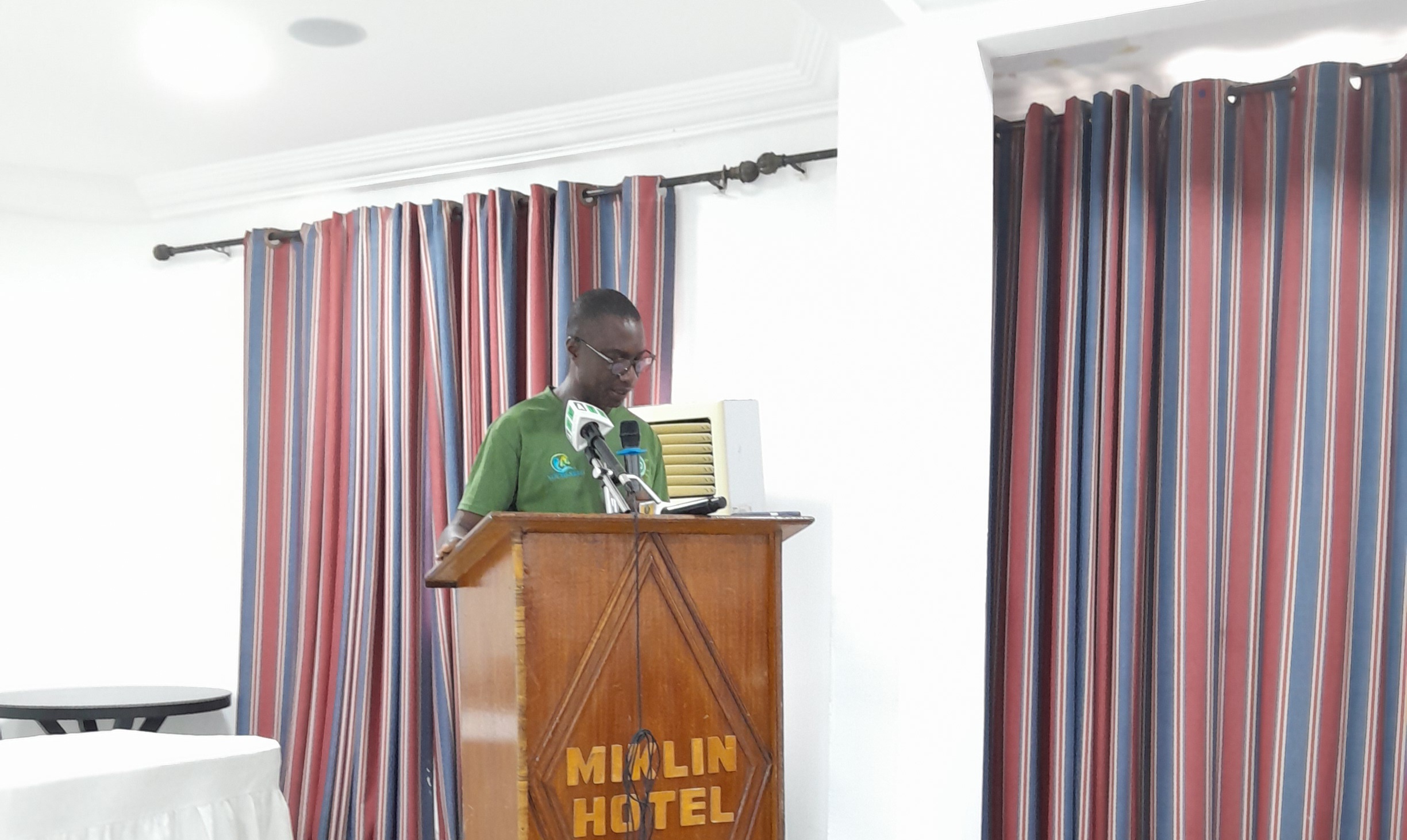
Accra, Ghana//-Strategic Youth Network for Development (SYND) Ghana, a leading youth-oriented NGO which promotes youth inclusion in the governance of Natural Resources and Environmental sector, today raised red flags in Ghana’s Energy Compact and other issues bedevilling its energy sector.
According to the NGO, about 3.7 million Ghanaian citizens do not have access to electricity, primarily in rural areas, although Ghana has achieved an 89% electricity access rate as of 2024, with a population of 34.4 million and Gross Domestic Product or annual income of $82.84 billion.
Addressing a press conference organised by SYND through its Youth in Natural Resources & Environmental Governance (Youth-NREG) Platform to share their analysis & findings on the government’s commitment to providing complete energy access to all Ghanaians in the 2026 budget statement, the Coordinator of SYND) In Ghana, Chibeze Ezekiel was not enthused about certain actions.
Key concerns
He lamented that the budget failed to touch on jobs in the energy sector, especially when Mission 300 largely focuses on employment opportunities for young people.
“Since the government is estimating 800,000 new jobs to be created in 2026, the expected number of jobs from the support to the energy sector should have been provided.
Meanwhile, government is indicated that about 322,110 renewable energy direct jobs are to be created between 2026 – 2030”, he told journalists in Accra.
The Energy Compact requires an investment of U$4.4 billion with U$1.8 billion expected from donor and public finance among others. This means the GH¢2.0 billion (approximately $180,000,000) budgetary allocation for Phase I of the Rural Electricity Acceleration and Urban Intensification Initiative in 2026 though commendable is inadequate, Mr Ezekiel added.
“Though gender diversity in energy was stated in the National Compact, there was no consideration for the youth. We deem this as very unfortunate!”
Another concern he raised is that there is limited recognition and support for youth-led businesses providing solar energy and clean cooking solutions, such as the production of clean cookstoves and briquettes.
“The growth and success of their businesses will not only contribute to achieving the Mission 300 ambitions but also increase government revenues based on more direct and indirect jobs to be created”.
Furthermore, Mr Ezekiel warned that Phase I of the National LPG Promotion Programme, with a target distribution of 450,000 household cookstoves and 7,000 commercial ones, may lead to “stranded cylinders” given the infrastructure (limited gas-filling points) and the high cost of gas.
The Coordinator also observed that youth participation in the decision-making process is arguably non-existent, contrary to clear provisions in Ghana’s National Youth Policy [2022 – 2032], to wit, the need to create enabling conditions where youth can act for themselves, and on their own terms, rather than at the direction of others.
Applauds
Mr Ezekiel, however, applauded the government for recognising the Energy Compact in the Budget Statement, noting that Ghana aims to achieve 99.8 per cent electricity access and 50 per cent clean cooking access by 2030, while raising renewable energy’s share to 10 per cent.
He and his team also took note of Phase I of the National LPG Promotion Programme, with a target distribution of 450,000 household cookstoves and 7,000 commercial ones to promote clean cooking, as well as plans to commence a large-scale distribution nationwide.
Recommendations
Given that job creation is central to the Mission 300 programme, young people ought to be involved in the planning and implementation of the Energy Compact in line with provisions in the National Youth Policy, according to Mr Ezekiel.


